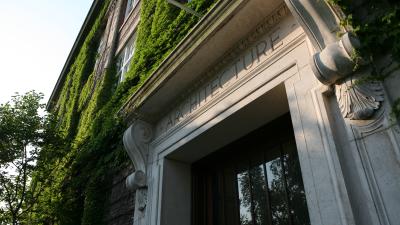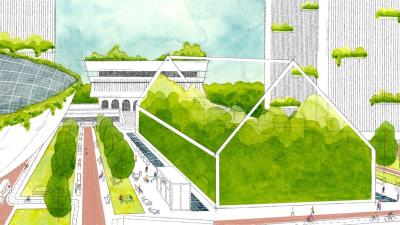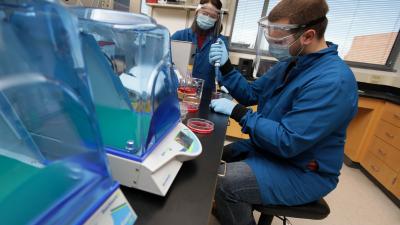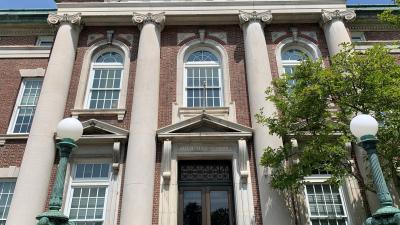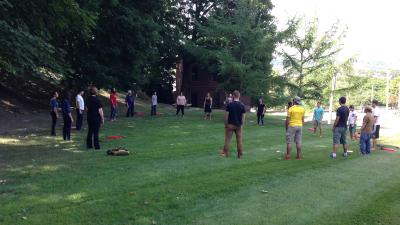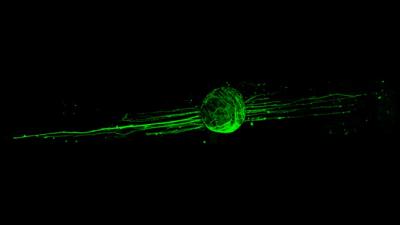Rensselaer Launches New Institute for Energy, the Built Environment, and Smart Systems
In remarks at the Leaders Summit on Climate hosted by President Joe Biden on Friday, Rensselaer Polytechnic Institute President Shirley Ann Jackson announced the launch of the new Rensselaer Institute for Energy, the Built Environment, and Smart Systems (EBESS).


